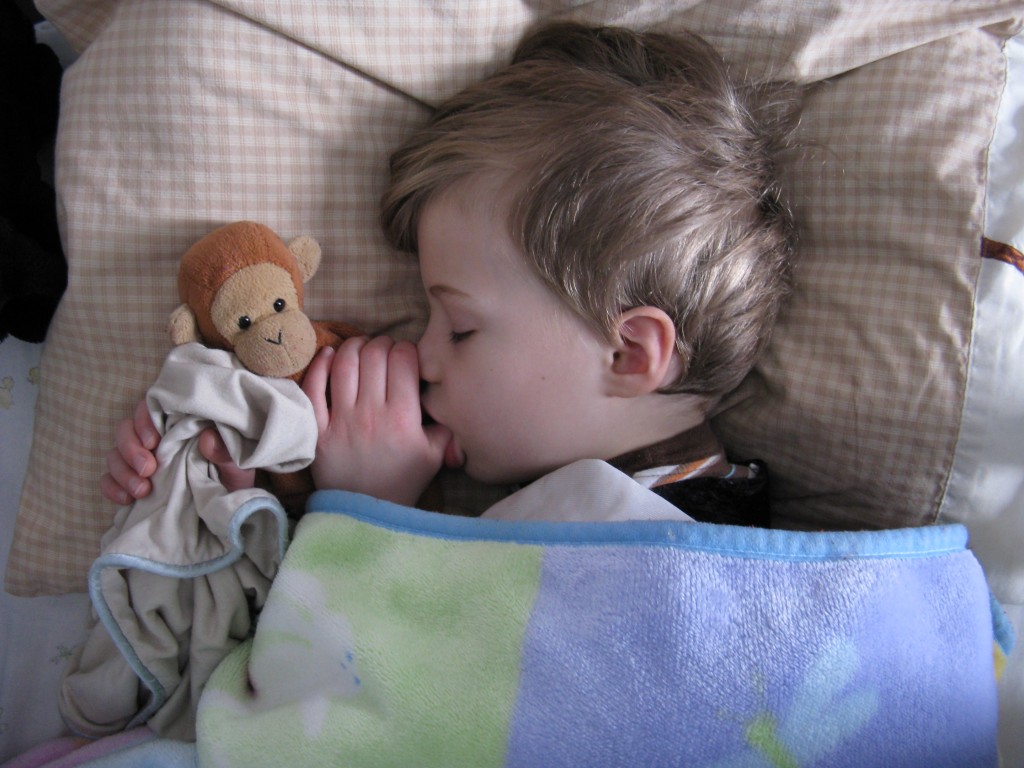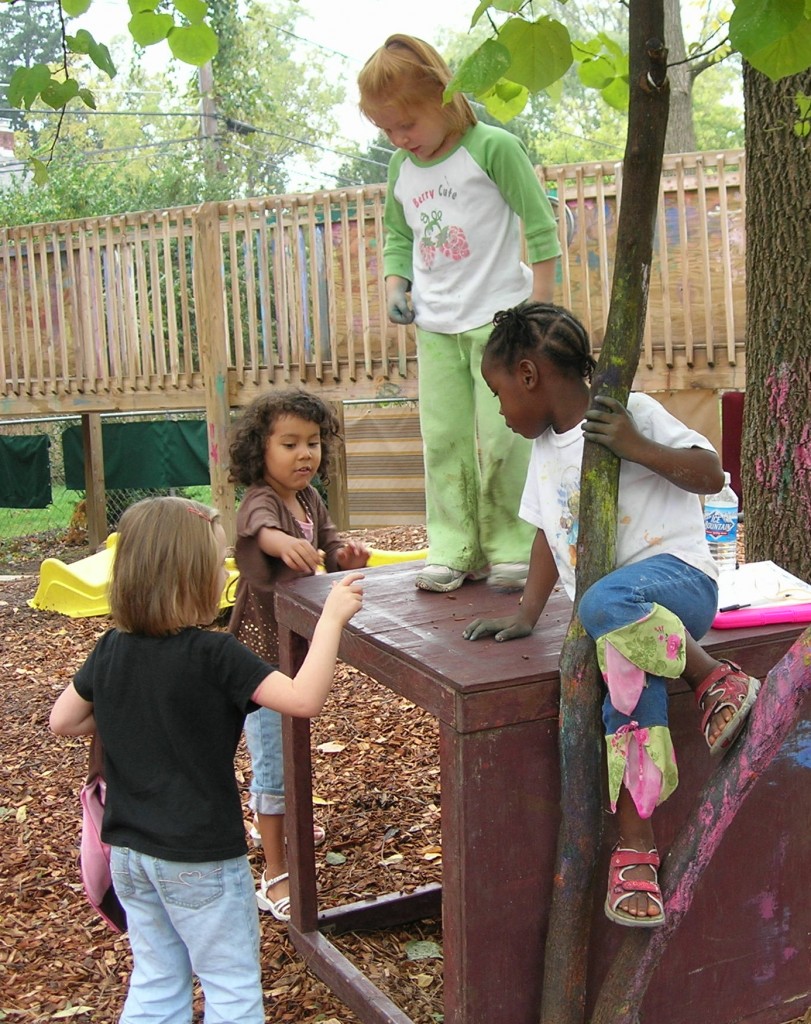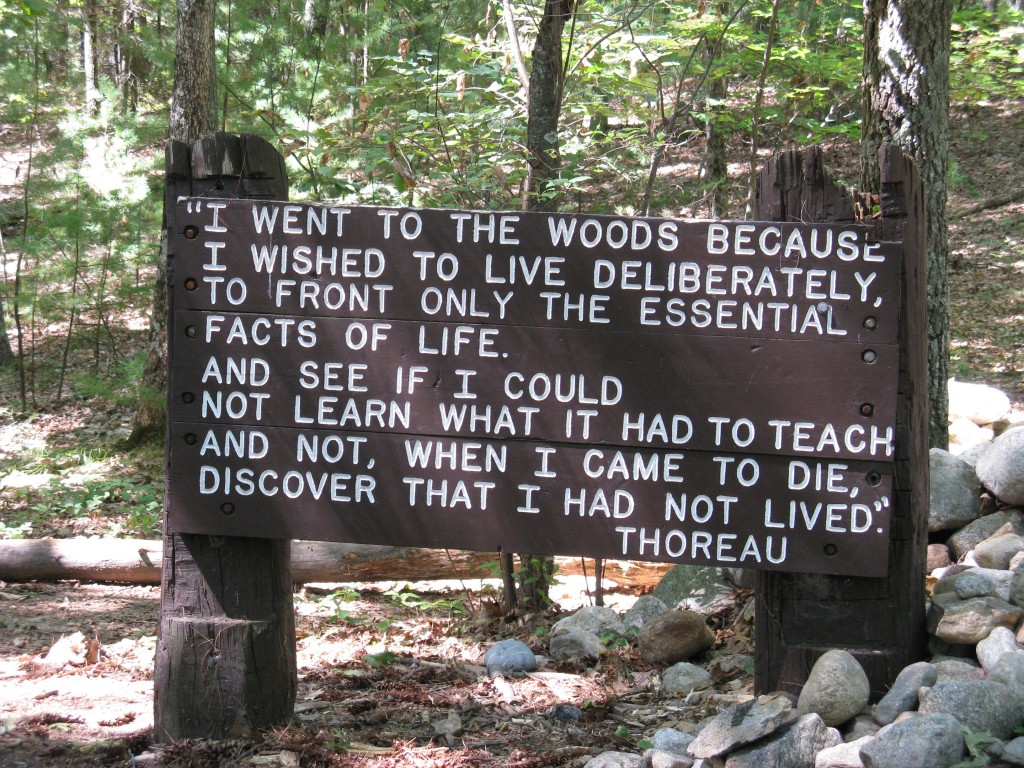A World of Books and Children
Search and enjoy 8 years of posts chock-filled with ideas from It’s OK Not to Share and beyond.
My kid's a napper. Still, at age 5, he collapses daily for a serious, 2-hour long, snoozing, sustaining nap. His bedtime is 8pm, but still he NAPS. Next year he'll be facing full-day kindergarten, where the schedule doesn't include rest time on little mats anymore.
Full-day kindergarten is the norm now. In our case, he'll be facing an 8+ hour day (7 hours of school plus bus ride). That's a demanding schedule for little tykes.
At a recent Open House, I raised the Nap Question. "He'll adjust," the teacher said. "They all do." "What about a quiet rest time with a book after lunch?" I asked. The teacher told me they do math after lunch. "You don't want him to miss math, do you?"
Well, yes.
If his brain needs to sleep, a math lesson will go over like a lead balloon. Sleep helps organize learning and is key for memory and focus. A generation ago, sleep used to be considered an essential part of the school day for kindergarteners. Kids haven't changed in that time. Schools have.
Besides, he's learning math and science everyday:
- Pouring sand and water - learning about volume and displacement
- Seeing who gets the biggest cookie - size, concepts of bigger and smaller
- Inventorying his stick collection - counting, sequence
- Taking one of his toy soldiers out of the battle - subtraction
- Adding more pirates to his boat - addition
He's five. He'll get it; I'm not worried. For now he's getting what he needs through naps and play. Formal math can come later when his brain is ready to receive it.
Let kids sleep. It's the best learning a young brain can do.
How do we teach good sleeping skills? What do we hope to achieve when we push young kids ahead of their developmental abilities? Where does SLEEP rank among priorities in your life?
The other day I visited yet another kindergarten classroom where the teachers called all the kids "Friends." "These four friends go to the water table," she said "and these four friends go to snack..." Somehow there's an urge to call all young kids friends.
The truth is they're not all friends. Just because they're all short, small and young doesn't mean they all like each other. Friendship is something to be treasured. Calling all kids in a classroom or playground "friends" is inaccurate and disrespectful.
A friend is someone to be valued and cherished. Someone who laughs at the same things, enjoys your ideas, keeps you company, sticks by you, disagrees and makes up. Friendships usually start around age 3 and form some of our most blessed bonds in life. We ought to reserve the word friend for describing real friends. Calling everyone a friend devalues the word. It also confuses kids who are just beginning to learn about friendship.
Think about Charlotte's Web. There are lots of animals in the barn, but they are just barn-mates. Charlotte and Fern are Wilbur's friends.
What to call them instead? Classmates, neighbors, children.
Why do some adults use the term "friends" indiscriminately?" I believe it's an earnest desire to create peace in the next generation. But it's a false peace. Kids only gain peace skills by practicing conflict mediation.
Just like adults, kids don't have to like every person they meet. It's OK to have favorites. It's healthy and natural. Let kids enjoy their first friendships --and treat others with respect.
"A friend may well be reckoned a masterpiece of nature." Ralph Waldo Emerson
How about you? Are you treating all your social media "friends" the same as real-life friendships? Are you neglecting your deep friendships?
On weekends I rarely look at email. My computer is turned off. Maybe you've discovered this if you try to communicate electronically with me on weekends. My family and real life take front and center. Yes, I may miss important messages, but I also gain something much more vital: thinking, focus, fun, physical activity and LIFE.
I've learned I'm not the only one. Taking a break from the computer life even has a name: Internet Sabbath.
The simple fact is computers and gadgets distract us. They fragment our brain and make us constantly interruptable. We confuse what's urgent or immediate with what's important.
Taking a break is essential. It reminds us how full the world is (and used to be) before we spent so much of our time in a screen world. Taking a break models a balanced life for our children. It's slower, less cluttered and richer.
If you haven't read some of these thought-provoking articles (warning: might take some focus) take a look here. How college students are learning to meditate to counteract their digital, multi-tasking existence (Chronicle of Higher Education). How multi-tasking actually creates mental dead space, not increased activity as we shift from one task to another. Support for Unplugged Sundays and the addictive nature - not of the machine - but of human beings ourselves (The New Yorker).
As a parent, I need to interact with my children in the real world. Computer skills are quite easy to learn. Human skills are not.
As a writer, I need focus and solitude with my thoughts and writing to produce stories and ideas worth reading. Once the book is written, I can use social media tools to spread the word about it, but I can't write it in the first place with a cluttered, distracted mind.
Do you find yourself spending more time with internet 'friends' then lifelong friends you care about? Do you feel distracted? How would you create unplugged time during the week?




